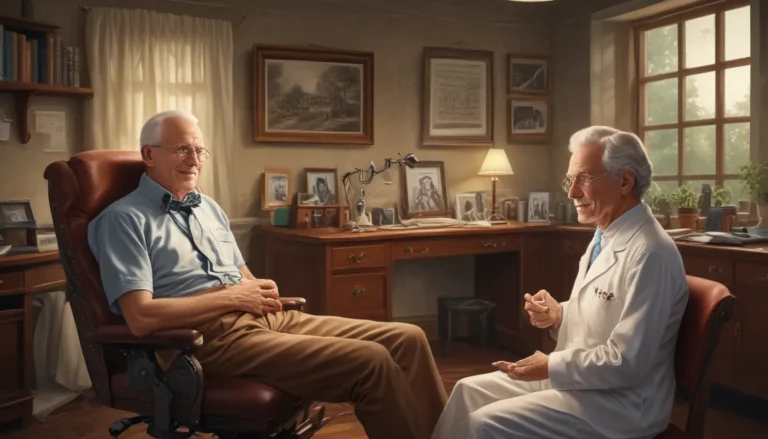The images in our articles may not match the content exactly. They are used to grab your attention, not to show the exact details in the text. The images complement the text but do not replace it.
Welcome to the world of Chinese philosophy, where the wisdom of ancient thinkers continues to inspire and educate people today. One such influential figure is Confucius, a philosopher and politician whose teachings have shaped the moral compass of many. Join us on a journey as we delve deeper into the life and legacy of Confucius through these important facts.
Unveiling Confucius: The Man Behind the Name
- Name Origins: Confucius’ name, a Latin derivation from ‘Kong Fuzi,’ reflects his Chinese origins.
- Birth and Location: Historians cite September 28, 551 BC, as the birthdate of Confucius in the district of Zou, now known as Qufu City in China.
- Life and Legacy: Confucius lived during China’s Spring and Autumn period from 770 to 476 BC, leaving a lasting impact on Chinese society.
The Many Facets of Confucius: Scholar, Educator, and Politician
- Versatile Skills: Beyond his role as a scholar, Confucius excelled as an educator and politician, delving into various fields of study from ethics to politics.
- Teachings and Influence: Known for introducing the Golden Rule of “Do not impose on others what you do not wish for yourself,” Confucius’ teachings shaped the philosophy of Confucianism.
- Literary Works: His followers compiled his ideas and teachings in ‘The Analects of Confucius,’ along with other works showcasing his beliefs and values.
Tracing Confucius’ Journey: From Humble Beginnings to Lasting Legacy
- Early Life: Born into a poor yet noble family, Confucius was raised by his mother, Yan Zhengzai, after his father’s early demise.
- Career Transition: Starting as a bookkeeper, Confucius later ventured into teaching, eventually becoming a prominent figure in politics and governance.
- Personal Trials: Despite facing political setbacks and exile, Confucius continued to impart his wisdom and mentor a vast number of students.
The Essence of Confucianism: Philosophy, Ethics, and Tradition
- Philosophical Foundation: Confucianism, more a social system and ethical philosophy than a religion, emphasizes virtues such as benevolence and etiquette.
- Symbolism: Represented by distinct symbols, Confucianism teaches followers to align harmoniously with the “Way of Heaven” and live virtuously.
- Cultural Practices: From birth rituals to marriage customs and funeral traditions, Confucianism permeates various aspects of life and societal norms.
Legacy and Global Impact: Confucius Beyond Borders
- Historical Influence: Confucius’ teachings have traversed centuries, reaching countries beyond China and influencing diverse cultures like Japan, Korea, and Vietnam.
- Contemporary Perspectives: While some criticized Confucianism for its patriarchal norms, others embraced its emphasis on social harmony and moral conduct.
- Modern Revival: Despite facing opposition, Confucianism continues to be revered and studied globally, contributing to cultural heritage and philosophical discourse.
Rediscovering the Wisdom of Confucius: A Timeless Legacy
As we reflect on the life and teachings of Confucius, we uncover a reservoir of wisdom and insight that transcends time and borders. From his humble beginnings to his enduring legacy, Confucius’ impact on philosophy, ethics, and society resonates with us today. Let us continue to explore, learn, and appreciate the profound teachings of this remarkable thinker who continues to inspire generations worldwide.






